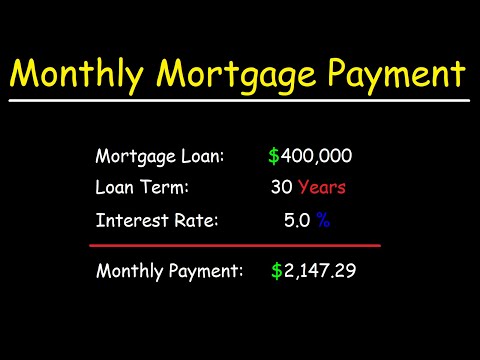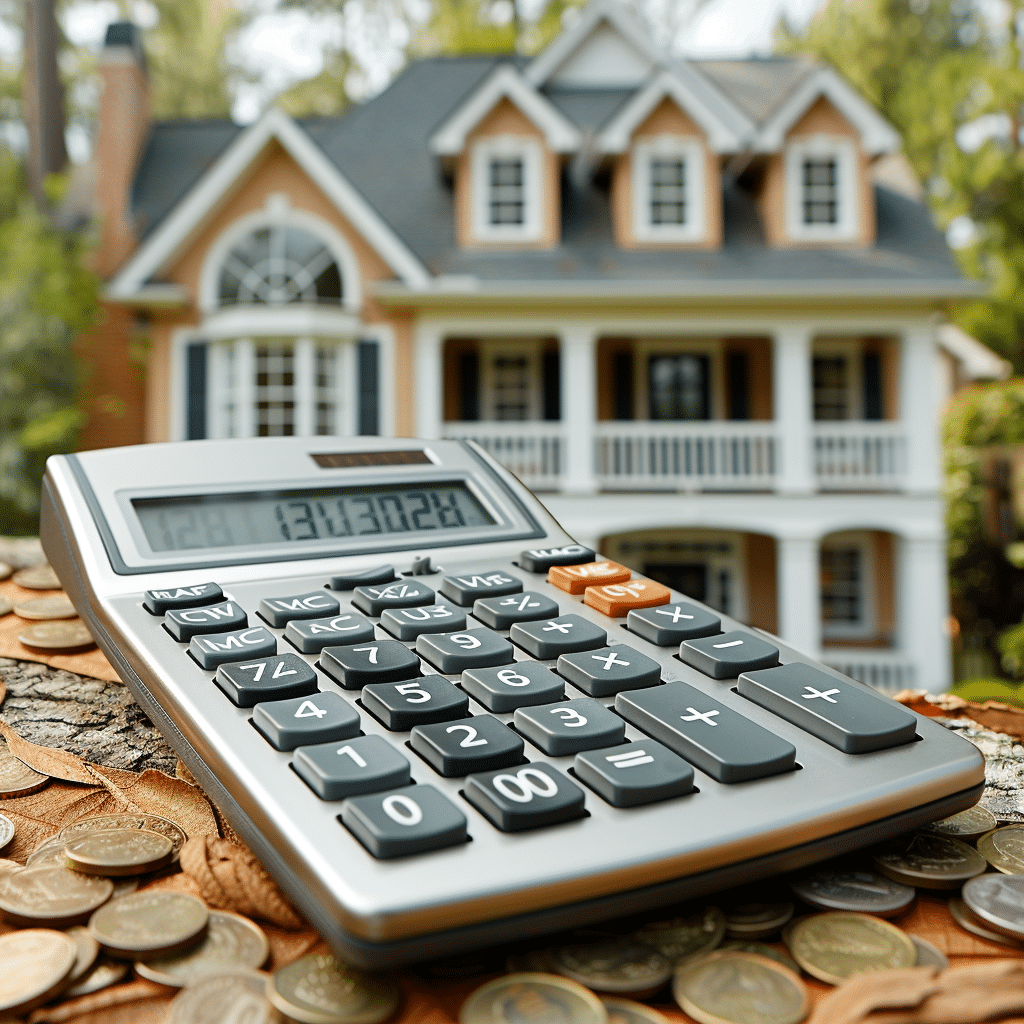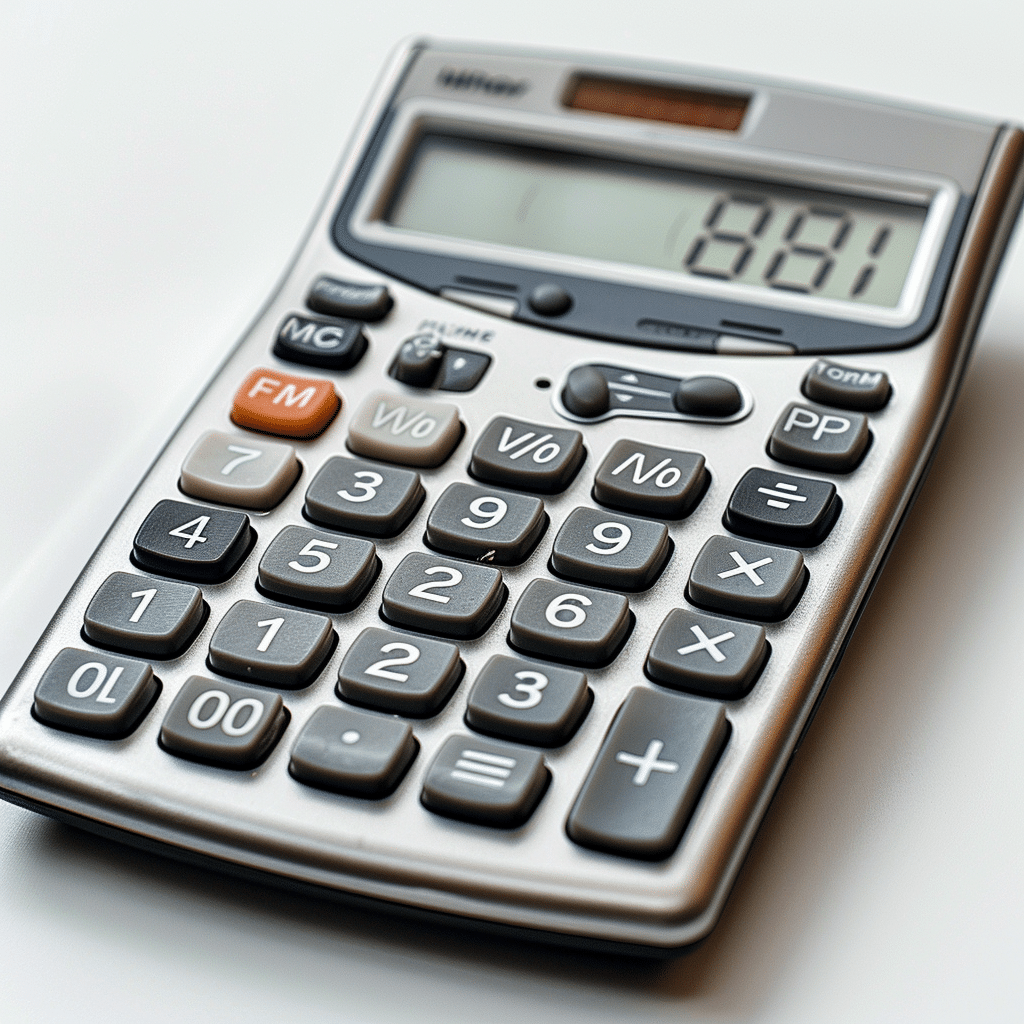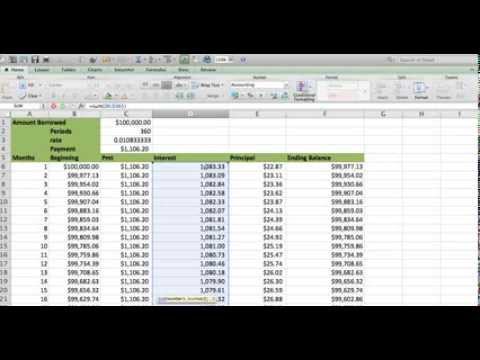Navigating home loans can be overwhelming, and comprehending the financial impact of your mortgage is crucial. A home loan payment calculator can serve as an invaluable tool on this journey. This comprehensive guide will help you master these calculators, ensuring you make educated choices.

1. Understanding How Home Loan Payment Calculators Work
Home loan payment calculators estimate your monthly mortgage payments. They do this by considering various factors such as the principal amount, interest rate, loan term, taxes, and insurance. Here’s a deeper look into the mechanics:

2. Top 5 Home Loan Payment Calculators in 2024
We’ve tested leading home loan payment calculators available this year. Here are the top contenders:
2.1 Mortgage Calculator by Zillow
Zillow’s mortgage calculator stands out for its user-friendly interface and comprehensive analysis. It provides detailed breakdowns of potential monthly payments and adjusts based on different scenarios.
2.2 Bankrate Mortgage Calculator
Bankrate’s mortgage calculator offers insights into loan amortization, letting you see how payments are split between interest and principal over time. It also includes options for extra payments, showing their impact on the loan duration.
2.3 NerdWallet Home Loan Calculator
NerdWallet’s home loan calculator is prized for its simplicity and precision. It includes features that account for refinancing scenarios and various loan types, making it a versatile tool for diverse borrower needs.
2.4 Rocket Mortgage Payment Calculator
Rocket Mortgage’s tool provides instant mortgage estimates from a simplified input process. It’s especially handy for those just beginning to explore their home buying options.
2.5 Redfin Mortgage Calculator
Redfin’s calculator offers unique value through its integration into their real estate listings. Users can view estimated payments directly on property listings, facilitating quicker and more informed property searches.

| Mortgage Amount | Interest Rate | Loan Term | Monthly Payment (Estimated) |
| $300,000 | 6.5% | 30 years (Fixed-Rate) | $1,896.20 |
| $300,000 | 8.0% | 30 years (Fixed-Rate) | $2,201.29 |
| $400,000 | 6.0% | 30 years (Fixed-Rate) | $2,398.00 |
| $400,000 | 6.0% | 15 years (Fixed-Rate) | $3,375.00 |
| $600,000 | 7.0% | 30 years (Fixed-Rate) | $3,992.00 |
| $600,000 | 7.0% | 15 years (Fixed-Rate) | $5,393.00 |
3. Key Features to Look for in a Home Loan Payment Calculator
When selecting a home loan payment calculator, it’s important to weigh the following features:
3.1 Customizable Inputs
Ensure the calculator allows you to input various values such as down payment, interest rate changes, and additional payments. This flexibility will help create more accurate estimates tailored to your financial situation.
3.2 Detailed Amortization Schedules
A good calculator should provide a clear amortization schedule that breaks down each monthly payment into interest and principal amounts. This helps in planning and understanding long-term financial commitments.
3.3 Inclusion of Insurance and Taxes
The best calculators include spaces to input property taxes and homeowners insurance, offering a more complete picture of your monthly obligations.
3.4 Refinancing Options
Consider calculators that offer refinancing scenarios. This feature helps in future planning and understanding the impact of changing interest rates on your mortgage.

4. Real-World Application: Using Home Loan Payment Calculators Effectively
Let’s walk through a practical example:
John, a first-time homebuyer, is considering a $300,000 property. Here’s how he can use a home loan payment calculator to estimate his monthly payments:
John inputs these values into Zillow’s mortgage calculator. Here’s the breakdown he might see:
This example helps John quickly grasp his monthly obligations, enabling him to budget effectively and avoid financial strain.

Maximizing Your Mortgage Planning
Using a home loan payment calculator offers more than just crunching numbers; it helps you understand your financial capacity and make well-informed decisions. These calculators provide a glimpse into future financial commitments, guiding you in preparing and adjusting as needed.
By choosing the right calculator and using it effectively, you can gain confidence in your home-buying journey. Whether you’re a first-time buyer or looking to refinance, these insights will drive you towards the best financial decision.
Navigating the world of mortgages might feel like a cautious walk, but tools like home loan payment calculators help illuminate the path. For an even more customized experience, consider using Mortgage Rater’s robust set of resources, including our reliable home loan interest calculator. Additionally, learn more about essential mortgage terms such as the freehold estate or get insights into what constitutes an itemized deduction.
Dip your toes into the mortgage pool confidently, armed with calculators that turn daunting numbers into clear financial pictures. We might not be Scott Rogowsky quizzing you on mortgage trivia, but our goal is similar – to get you well-prepped and ready to win in your home-buying journey.
Remember, refreshing your mortgage knowledge can make all the difference. Whether you’re relocating from Mcallen To Harlingen or attending an Alanon meeting in Nyc, having the right tools and understanding can empower your home-buying decisions. Happy calculating!
Home Loan Payment Calculator
Ah, the home loan payment calculator. It’s like the magic eight-ball for your finances. Plug in a few numbers, and it gives you a peek into your financial future. But did you know there’s some pretty interesting trivia to uncover about these helpful tools?
Fun and Frugal Facts
First off, while you’re calculating those payments, think about how you’ll be dealing with a freehold estate definition. A freehold estate is one where you have outright ownership of the property. It’s one of the most common types of home ownership and can heavily influence your calculations. Imagine owning the land and everything on it, free from the constraints of leases—that’s right, pure freedom!
Not only do these calculators help you gauge your monthly dues, but they also help you figure out What Is an Itemized deduction. Itemized deductions allow homeowners to list mortgage interest, property taxes, and other expenses on their tax returns, potentially lowering taxable income. Ever thought tax jargon could be fun? Well, this really makes it handy when charting an enemy course in financial waters.
Historical Tidbits
Sliding over to a little history, the first electronic mortgage calculators were introduced in the early 1980s. These weren’t as sleek or user-friendly as today’s digital tools, but they still got the job done, rocking those vintage bulbs and switches. It’s interesting how far technology has come—putting complex algorithms at our fingertips has changed home buying forever.
Calculators also offer a slice of economic history. Ever wonder why interest rates fluctuate? Remember the late ’70s inflation crisis? Lenders responded with staggeringly high rates. Modern calculators let you simulate various interest rates, bringing those old economic lessons to life as you make decisions about your future mortgage. It’s like getting a mini-economics lesson every time you explore your options.
In essence, a home loan payment calculator is more than just a mathematical marvel—it’s a window into your financial future and a mini-timeline of homeownership history. So next time you sit down to crunch the numbers, you’ll appreciate just how much power you wield at your fingertips.
Don’t forget; the devil is in the details, but with a home loan payment calculator, you’re the one holding the pitchfork!

What is the average mortgage payment on a $300 K house?
For a $300,000 mortgage with a 30-year fixed rate at 6.5% interest, your monthly payment would be around $1,896.20. If the rate were 8%, it would jump to about $2,201.29. These amounts don’t include escrow costs, such as property taxes and home insurance.
How much does a $300 000 mortgage cost per month?
A $300,000 mortgage will cost you approximately $1,896.20 per month with a 30-year fixed rate at 6.5% interest. If you have an 8% interest rate, the payment would increase to around $2,201.29. These figures exclude escrow costs like taxes and insurance.
What is the monthly payment for a $400000 house?
On a $400,000 mortgage with a 6% interest rate, expect to pay around $2,398 monthly for a 30-year loan. If you choose a 15-year loan instead, the monthly payment would be about $3,375. Keep in mind these amounts don’t cover escrow costs.
What is the monthly payment on a $600000 mortgage?
For a $600,000 mortgage at a 7% fixed interest rate, the monthly payment would be around $3,992 for a 30-year mortgage. If you opt for a 15-year mortgage, it would be roughly $5,393 per month, excluding any escrow costs.
Can I afford a 300K house on a 60k salary?
Buying a $300,000 house on a $60,000 salary might be a bit tight. Lenders typically prefer your mortgage payment, including taxes and insurance, to be about 28% to 31% of your monthly income. You’d need to check your other debts and obligations to see if this fits your budget.
How much income do I need for a $400,000 mortgage?
To afford a $400,000 mortgage, you generally need an annual income of around $100,000 to $120,000. This ensures that your monthly mortgage payments, including taxes and insurance, remain manageable relative to your income and other debts.
What credit score is needed to buy a $300K house?
To buy a $300,000 house, you generally need a credit score of at least 620. However, having a higher score could qualify you for better interest rates, making your monthly payments more affordable.
How much income do I need for a 300K mortgage?
For a $300,000 mortgage, you’d typically need an income of around $75,000 to $90,000 annually. This helps ensure your monthly mortgage payments, including taxes and insurance, stay within a comfortable range relative to your total income and other financial obligations.
How much income do you need for a 350K house?
To afford a $350,000 house, you generally need an annual income of around $85,000 to $100,000. This estimate helps keep your monthly mortgage payments and other financial obligations in balance with your income.
How much house can I afford if I make $70,000 a year?
If you make $70,000 a year, you can typically afford a house priced around $280,000 to $350,000. This range can vary depending on your other debts, the interest rate you qualify for, and any additional costs like property taxes and home insurance.
What is the 20% down payment on a $400 000 house?
The 20% down payment on a $400,000 house would be $80,000. Paying this amount upfront can help you avoid private mortgage insurance (PMI) and reduce your monthly payments.
What income is needed for a $500,000 mortgage?
For a $500,000 mortgage, you generally need an annual income of around $125,000 to $150,000. This estimate ensures that your monthly mortgage payments, including taxes and insurance, are manageable relative to your total income and financial responsibilities.
How much house can I afford if I make $36,000 a year?
If you make $36,000 a year, you might afford a house priced around $144,000 to $180,000. This range depends on the interest rate, your monthly debts, and other expenses like taxes and insurance.
How do people afford a $600000 house?
People afford a $600,000 house by having a higher income, typically around $150,000 to $180,000 annually. A good credit score, substantial down payment, and managing other debts also make it more feasible.
Do I have to put 20 down on a house?
You don’t have to put 20% down on a house, but doing so can help you avoid private mortgage insurance (PMI) and lower your monthly payments. There are various loan programs that allow for lower down payments, such as FHA loans and certain conventional loans.



